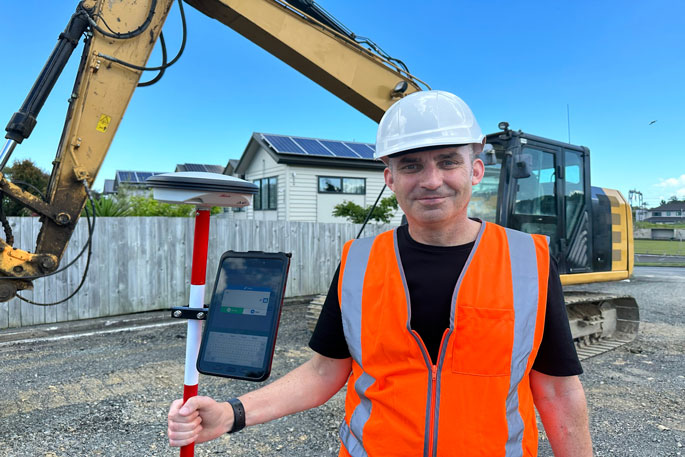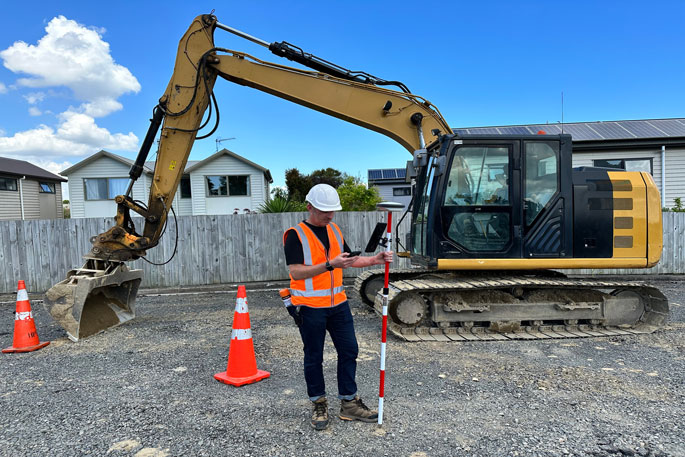Safe Digging Month launches today, and with extreme weather this year literally shifting the ground around, it’s more important than ever to check where underground utilities are before digging or excavating.
Safe Digging Month was launched in 2022 by beforeUdig, a company that specialises in helping contractors and homeowners to dig safely by putting them in touch with the owners of underground assets, and providing a safety process to follow.
The month-long education and safety initiative is there to remind people to always do the correct preparation before digging, to protect crucial utility assets.
This will avoid disruptions to electricity, gas, water, sewer and communications services, costly repairs and injury to the operator. It will also protect the wider environment, with gas pipe leaks leading to substantial carbon emissions.
“Safe Digging Month is timed for November, when more people are likely to be undertaking work as the weather improves and we really urge people to do the necessary prep work,” says beforeUdig’s Operations Manager and Utilities Damage Prevention Expert Phil Cornforth.
This is especially important in a year where New Zealand has experienced weather that has brought down houses and closed major highways, causing ground, and potentially pipes and cables, to move says Phil, the correct process to follow is straightforward, and it’s important to take the time to do every stage of it properly.
“It’s vital you don’t rely on plans alone, as things can change due to a shift in ground levels, such as through landslides and roadworks. Previous excavation works may also have moved assets or things have changed on properties due to landscaping or boundary changes.”

As well as cutting off essential services such as fibre internet, damage to cables and pipes is a major safety risk. Damaged gas pipes or electricity cables can lead to fires or explosions, burst water or waste pipes are a health and safety hazard, and electricity is relied upon by some for life-saving equipment in the home, such as ventilators or dialysis machines.
One of the most infamous digging mishaps in New Zealand led to the 2017 failure of the fuel pipeline linking the Marsden Point refinery to the fuel distribution centre in Auckland. This disrupted the fuel supply to Auckland’s airports for ten days, resulting in hundreds of flight delays and supplies being rationed, with a farm digger the cause of the damage. It cost an estimated $25m to fix and caused a loss of $23 million of GDP
“There was no record of the digger operator requesting plans or informing the pipeline owner of their intention to work at the location,” says Phil.
“This highlights the potential impact of poor preparation, and that even if you’re doing work on your own property, it can have far-reaching consequences."
“The first step is lodging a beforeUdig enquiry at least two full business days before starting work, then reviewing plans, doing visual checks and checks with an electronic locator, and marking out your site. You then dig test holes if permitted to determine the exact location of utilities in your worksite, put protection measures in place for infrastructure to prevent damage and proceed only if you’ve done all of the above,” says Phil.
Eighty-five percent of New Zealand’s utilities use beforeUdig as their safe digging partner so those digging don’t need to contact every asset owner individually. For the remainder, beforeUdig will tell you who they are and provide you with their contact details so you can approach them directly.
People can download a simple guide to safety and lodge your enquiry for free at



0 comments
Leave a Comment
You must be logged in to make a comment.